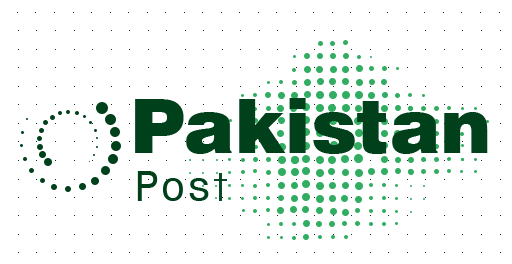The federal government of Pakistan is set to allocate Rs. 20 billion in the upcoming fiscal year to enhance cybersecurity and control social media. This initiative is part of a broader strategy to fortify digital security and effectively manage online content.
A key aspect of this regulation is that only social media companies with offices in Pakistan will be permitted to operate within the country. This requirement aims to improve oversight and accountability of social media platforms, ensuring they adhere to local laws and regulations.
The Ministry of IT & Telecom has proposed this Rs. 20 billion funding for the Digital Information Infrastructure Initiative (DIII) in the 2024-25 budget. The initiative is designed to strengthen the nation’s digital framework and enhance the management of online information. Previously, the IT Ministry received Rs. 15 billion for the DIII project during the current fiscal year. The total cost of the DIII project is estimated at $135 million, approximately Rs. 38 billion, reflecting the government’s commitment to developing a robust digital infrastructure.
The primary objective of this funding is to control social media platforms, prevent their misuse, and combat malicious campaigns. These efforts will be guided by the Pakistan Electronic Crime Act (PECA) 2016, which was established to address various forms of cybercrime and ensure a safer online environment for Pakistani citizens.
The new funding will be utilized to enhance existing cybersecurity measures and develop new strategies to protect against cyber threats. This includes the implementation of advanced technologies and the training of personnel to handle cyber incidents more effectively.
By regulating social media companies and mandating local offices, the government aims to increase transparency and ensure compliance with Pakistani laws. This move is also expected to generate more job opportunities within the country, as social media companies will need to employ local staff for their operations.
The Rs. 20 billion allocation to control social media reflects Pakistan’s proactive approach to digital governance. By investing in cybersecurity and regulatory measures, the government seeks to create a safer and more secure online environment. This initiative not only aims to protect users from cyber threats but also to foster a responsible digital ecosystem that aligns with national interests and legal standards.
In conclusion, the government’s decision to allocate substantial funds towards controlling social media and enhancing cybersecurity underscores its commitment to safeguarding the digital landscape. As Pakistan moves forward with these initiatives, the focus will remain on developing a resilient digital infrastructure and ensuring the responsible use of social media platforms within the country.
Read Also: UET Mardan Students Develop Brain-Controlled Wheelchairs


